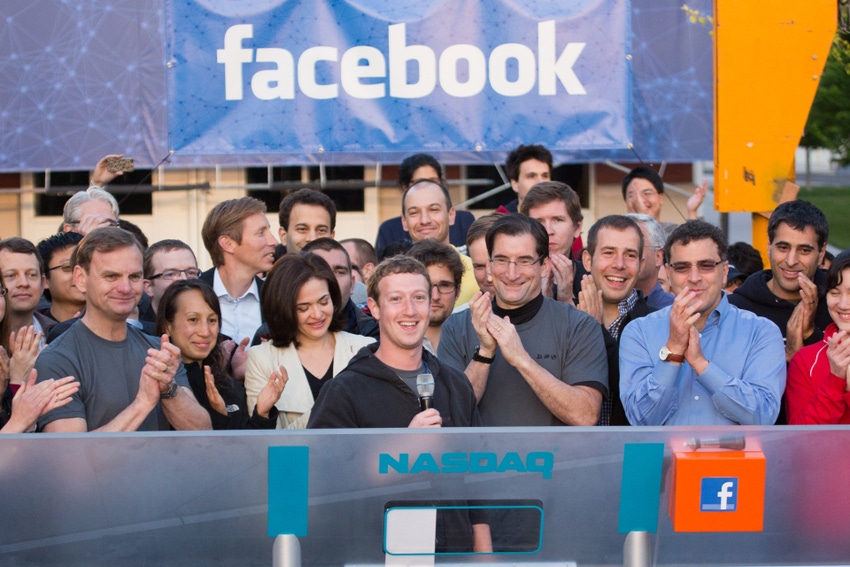Facebook has reported another positive quarter, with revenues rising 52%, and the number of monthly users rising 4%, thanks largely to mobile.
February 2, 2017

Facebook has reported another positive quarter, with revenues rising 52%, and the number of monthly users rising 4%, thanks largely to mobile.
While there have been rumours of a slow-down at the social media mammoth, it does not appear to be worrying the team. In November, David Wehner, Facebook’s CFO stated revenues would begin to slow over the course of 2017 due to the limited number of ads the company can run, but Zuckerberg and co. are beginning to make a very strong statement with expansion into new areas, such as video, personalized news, virtual reality, in-app calling and workplace collaboration.
The brand would now appear to be a mobile-first proposition as well. Facebook claims to have 1.74 billion mobile monthly users, of which 1.149 billion are mobile-only users, which gives it more flexibility to dominate the day-to-day lives of consumers. While it has been a long path to diversification, Facebook does appear to be leaking into every aspect of our lives.
The team claim 400 million people use Facebook Messenger audio and video calling each month, the marketplace app is looking like a useful proposition, Workplace by Facebook made a very glamourous entry into the collaboration space, Oculus is challenging the HTC Vive, Instagram Stories are causing chaos for Snapchat, the News Feed is becoming more personalized every day and the role of video is still very minor.
Part of the reason for the success of Facebook is done to its willingness to try out new ideas. Facebook is one of a small club who have successfully turned social media into a viable business model, and this ingenuity is now being tested in new arenas.
For example, an army of 1.74 billion users could cause a significant problem to telcos around the world, should Facebook be able to emulate WhatsApp success in the SMS space with its audio and video calling offering. Skype has been flirting in this area for some time, but it doesn’t have the same brand credibility and ubiqtuous nature of Facebook.
Perhaps the most significant difference between the two brands here is Facebook’s seemingly drama-free transition to mobile. It’s a platform which fits perfectly for the connected era; as long as Skype remains in its current skin, there will always be limitations.
Facebook growth can only be fuelling by targeted advertising for so long, but more engaging propositions on the platform, such as unique video content or personalized news, will ensure users spend more time with the head buried in the app. If Zuckerberg and co. cannot continue the rapid increase in the number of users for much longer, keeping users on the platform for longer periods each day will certainly create more opportunities to sell.
About the Author(s)
You May Also Like








.png?width=300&auto=webp&quality=80&disable=upscale)


_1.jpg?width=300&auto=webp&quality=80&disable=upscale)


.png?width=800&auto=webp&quality=80&disable=upscale)